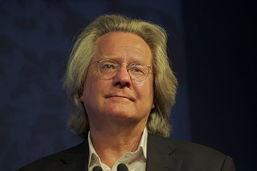 By Ian Scott (Own work) [CC BY-SA 3.0 (http://creativecommons.org/licenses/by-sa/3.0)], via Wikimedia Commons
By Ian Scott (Own work) [CC BY-SA 3.0 (http://creativecommons.org/licenses/by-sa/3.0)], via Wikimedia Commons This post is both a plug and discussion of principles - first the plug…
On the 21st March we will be welcoming to our school Professor AC grayling to give a talk entitled “Why study the humanities”. In an age where the focus of education is on grades and future employment, we can sometimes forget to stop and think what 'studying' really means. For many students, studying the Humanities comes with a question mark over future employability - 'what can I do with a Philosophy degree?'. In this talk, Professor AC Grayling will argue a case for studying the Humanities on the grounds of immersing oneself in the 'great conversation of life'. To study the Humanities is to take off one's spectacles and think about our values, our history and the best way to live our lives.
Professor Grayling is a world renowned philosopher who, in 2011, founded and became the first Master of the New College of the Humanities (http://www.acgrayling.com/). He is passionate about the importance of the Humanities and communicating how crucial the skills and learning developed in studying them is to employers, society and our economy. If you, your students or your son/daughter is in the process of selecting which university courses, A levels or GCSEs to take then this talk will help them weigh up the merits of different courses.
Local schools and Teachers are most welcome - In order to help us gauge numbers of people attending – please private message @berkophil I will then send you more details.
Now for the principled bit…
I have been disappointed that some of my colleagues in the Religious Studies community have been very negative about AC Grayling coming to speak - he is Patron and vice president of the Humanist society. AC Grayling’s opposition to Sharia law and faith schools has often been expressed (for example in this “Comment is Free” piece in The Guardian). But more often than not, he looks to make the positive case for Atheism as in this interview. These negative views about religion have led some to suggest that he should not be speaking at a school like Berkhamsted and we should offer him no platform. I think this is precisely the opposite of what one should do.
We need to encourage debate and discussion in society - not stifle it. If you disagree with what AC Grayling says come and ask him about it, try to convince him of the counter arguments, make a case.
I could turn to Voltaire for support here who reputedly said; "I disapprove of what you say, but I will defend to the death your right to say it”. But instead I will turn to the leader of the free world - president Obama and a 2015 speech he gave to a group of college students. I think he says it rather well:



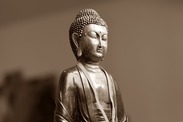
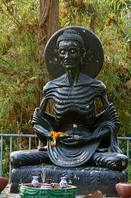



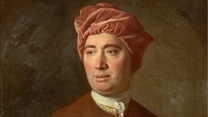
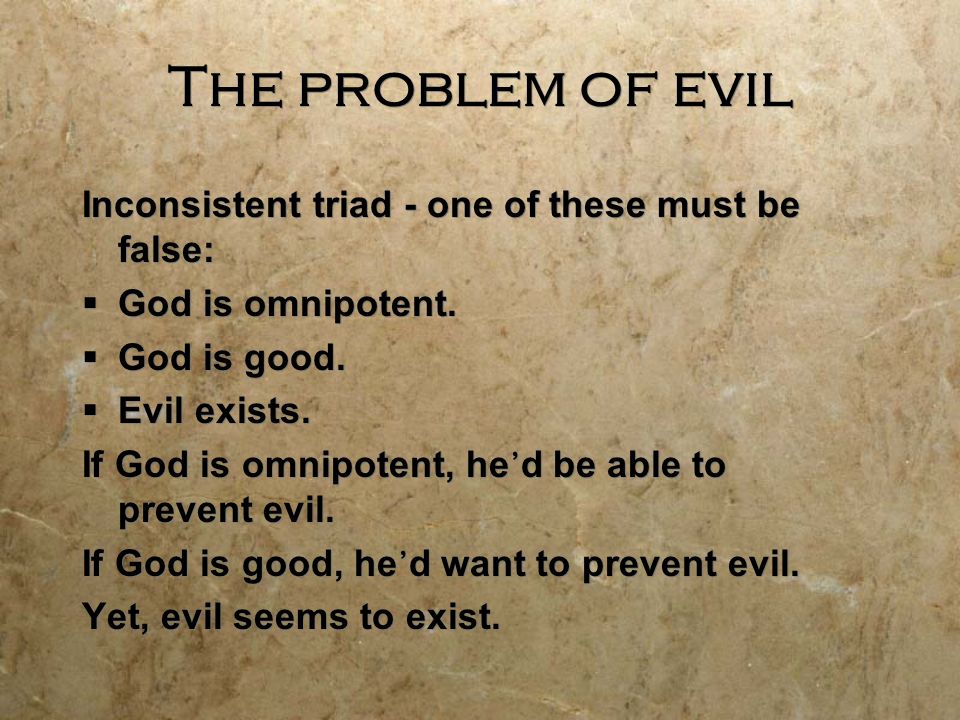




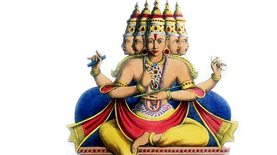

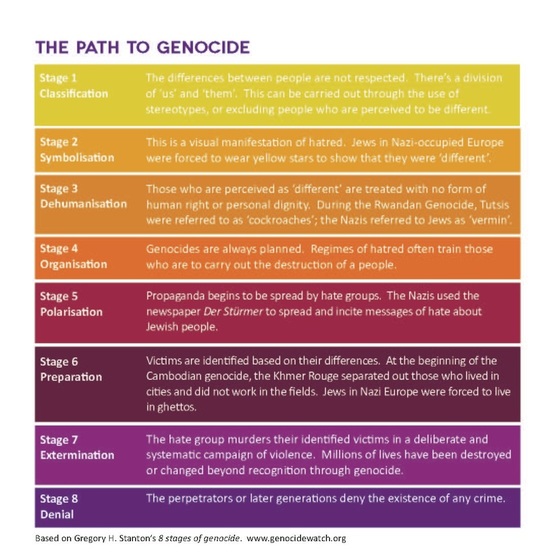




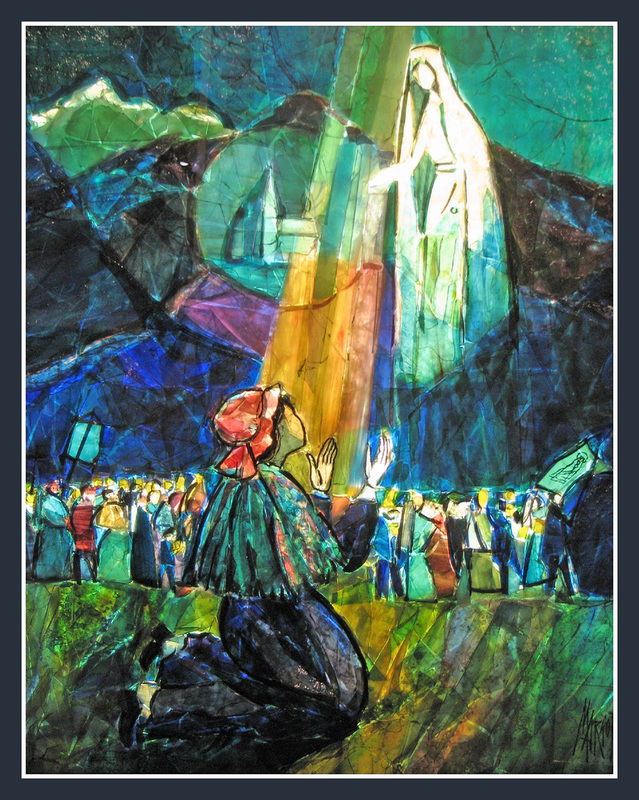
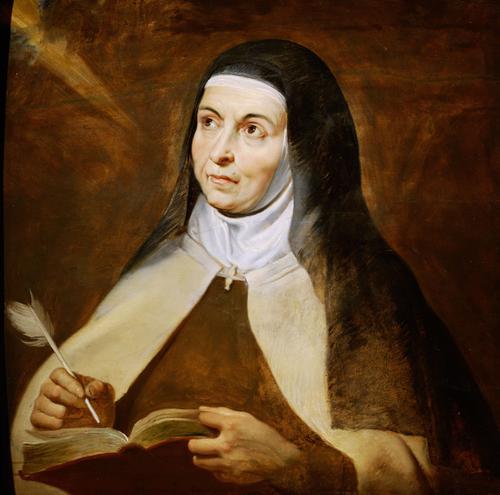

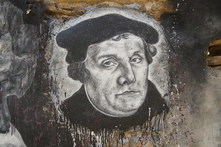
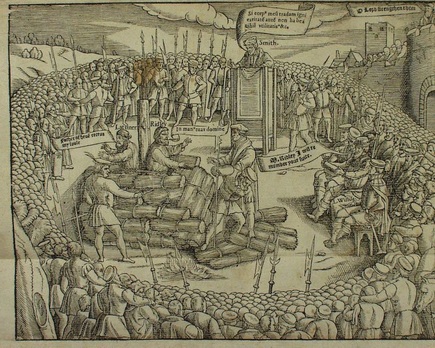

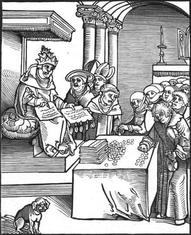
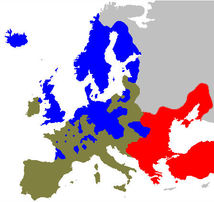
 RSS Feed
RSS Feed
